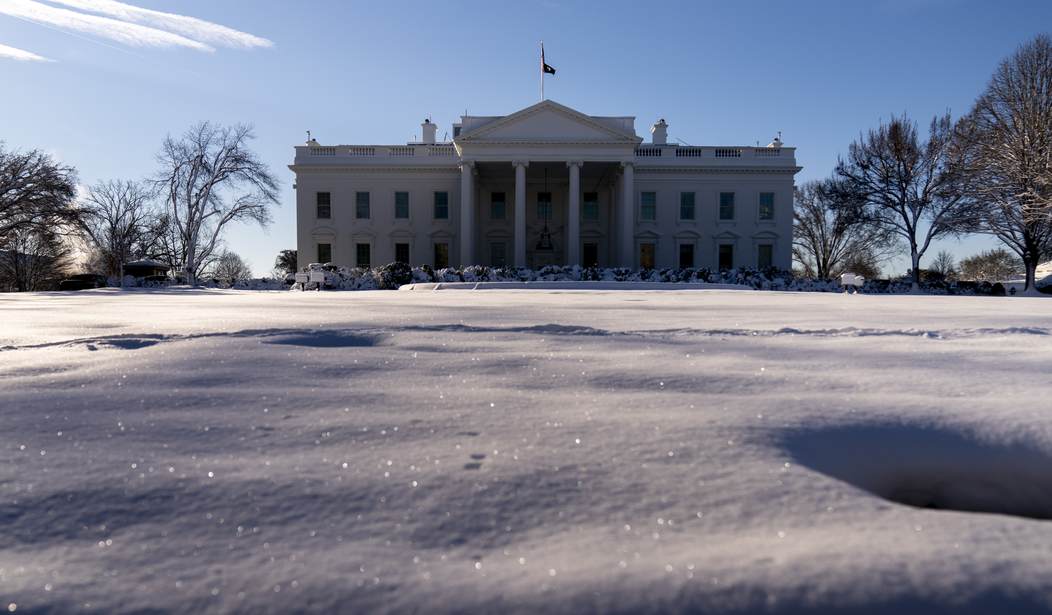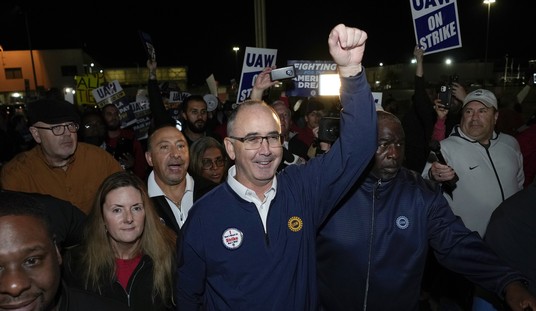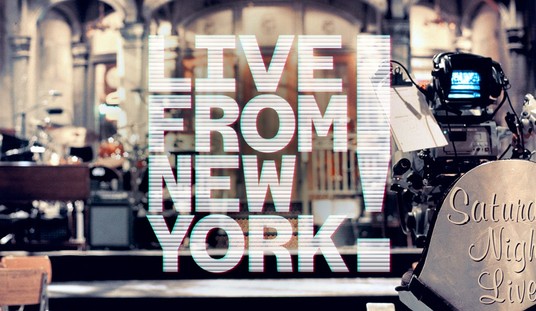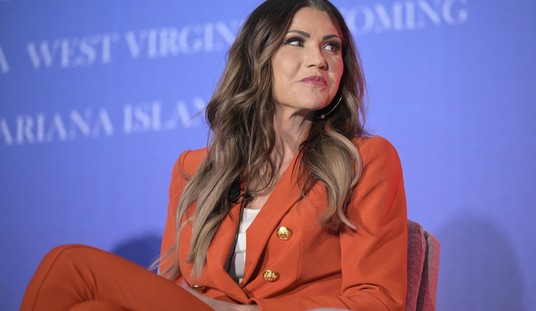It’s about time this has happened, and it couldn’t have happened under a better commander-in-chief. A recent Gallup poll showed that Americans’ trust in the presidency is at a record low under President Joe Biden. Indeed, America’s confidence in most of the country’s major institutions has dropped precipitously.
Since 1975, Gallup has polled Americans to gauge their level of faith in the nation’s most prominent institutions. Between 2020 and 2021, confidence in institutions like Congress, the presidency, the media, religion, and other areas saw a drastic decline. But what is most noteworthy is that now, only 23 percent indicated they trust the office “a great deal” or “quite a lot.” This marks a 15-point drop and is lower than what it was under former President Donald Trump, a fact that the activist media would rather you didn’t know.
But it’s even worse.
The Washington Examiner noted that confidence in the presidency is the lowest it has ever been since Gallup began conducting the survey.
Also, a recent Monmouth survey showed that a majority of respondents believe the federal government’s policies are harming them. This is also a departure from when the organization conducted this poll in the past. From the report:
Nearly half of the public names either inflation (33%) or gas prices (15%) as the biggest concern facing their family right now. The economy in general (9%) and paying everyday bills (6%) are among other financial concerns mentioned. Abortion, which has registered less than 1% on this question in prior Monmouth polls going back to 2015, is currently named by 5% – predominantly among Democrats (9%). Inflation and gas prices are the top two family concerns across a wide variety of demographic groups, including income, race, and partisan identity. Inflation as a top concern emerged in Monmouth’s July 2021 poll at 5% and then grew to 14% in December, before more than doubling in the current poll. The current poll is also the first time that gas prices are mentioned by more than a handful of Americans as their predominant issue. One year ago, the poll registered a wider variety of top issues, including the pandemic (17%), the economy (11%), everyday bills (11%), health care costs (7%) and job security (7%).
Figuring out why trust in the presidency has declined so much under Biden is about as easy as finding human feces on San Francisco’s streets. As it turns out, failing to address skyrocketing gas prices, inflation, the migrant crisis, and fouling up the US military withdrawal from Afghanistan does not exactly elicit confidence, does it?
But perhaps this is a good thing. Maybe a loss in faith in the presidency isn’t as perilous as it sounds. Indeed, perhaps we could all stand to lose more faith in the federal government. In fact, if most Americans knew the history of these institutions, they would realize the founders never intended for us to place as much importance on the office of the presidency as we do now.
In a piece for The Washington Post, author Philip Bump interviewed author Ray Raphael, who wrote the book, “Mr. President: How and Why the Founders Created a Chief Executive.”
Raphael noted that the modern presidency is nothing like what the Founding Fathers intended. In fact, there was debate over whether there should be only one chief executive in the White House. “People were very suspicious of anything that would resemble monarchical rule,” he said.
He later explained that “many of the powers that we associate with the president were given to the Senate,” and that “the president didn’t have that much power” for most of the constitutional convention in which these matters were decided. What is interesting about the process of detailing the powers the president would have is that the conversation ended when some folks grew too tired to continue negotiating. Raphael said:
“Even though these amazing men like Mason, Franklin and Madison wanted an executive council, the rest of the guys said, it’s going to be too expensive and we want to get home anyway. Let’s just settle with the president needing the advice and consent of the Senate. So that was a kind of weak compromise.
Madison was very upset. Remember, this is James Madison, the father of our Constitution! He was very upset that the president alone had the power to make treaties. This is an amazing thing that people should know: He said that a president might gain so much power from conducting war that the Senate should be able to negotiate a peace treaty behind the president’s back and without his consent.”
We were never supposed to view the presidency as we do in 2022. Somewhere along the line, the nation decided that the office of the President of the United States should be far more illustrious than it should be. Voters stood by as Congress allowed the executive branch to grow in power and significance.
Now, the person occupying the Oval Office is the most powerful individual in the world and wields tremendous real and perceived power. People erroneously look to the president to solve issues like crime, education, and others that are beyond the executive’s purview. I do not believe it is much of an exaggeration to suggest that the president has become, in many ways, what the founders feared: A monarch.
It might be wishful thinking on my part, but hopefully, this record-low trust in the presidency will cause more to question the power the resident of the White House is able to wield. Who knows–it could start the process of returning the presidency back to what it was originally intended for.













